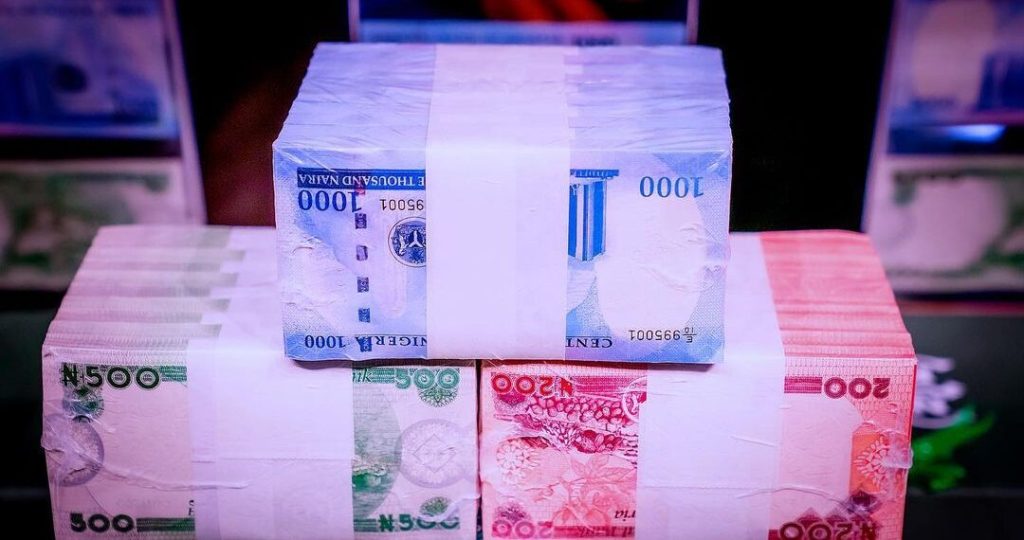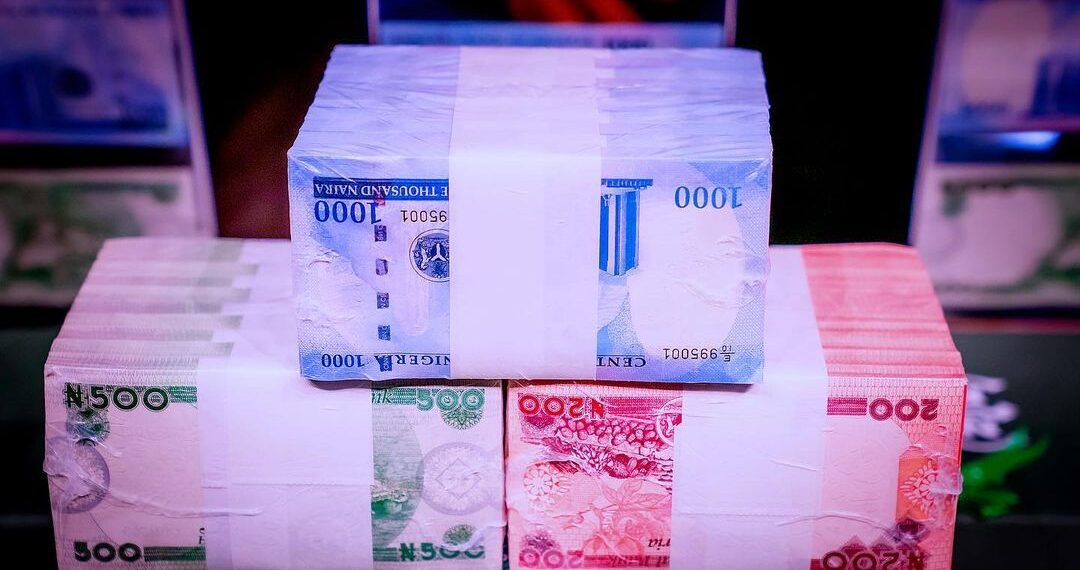The Chief Executive Officer of the Centre for the Promotion of Private Enterprise (CPPE), Muda Yusuf, on Sunday said the 10-day extension given by the Central Bank of Nigeria (CBN) for the phasing out of old naira notes isn’t ‘adequate’.
In a statement, Mr Yusuf criticised the CBN over the numerous gaps identified in the implementation of its naira redesign policy.
“The CPPE believes that 10 days is grossly inadequate to make up for the glaring shortcomings of the apex bank in this process,” the statement said.
The CBN on Sunday announced a 10-day extension of the deadline for the use of old naira notes across Nigeria amidst complaints from Nigerians over the scarcity of the new notes ahead of the January 31 deadline.
The CBN governor, Godwin Emefiele, who spoke to journalists Sunday morning, said he had the approval of President Muhammadu Buhari for the extension.
Mr Emefiele also announced February 10 as the new deadline for the phasing out of the old notes.
But Yusuf said the 10-day extension is grossly inadequate and can put N100 trillion component of the national Gross Domestic Product (GDP) at risk.
He noted that two critical sectors were particularly vulnerable – trade and commerce; and agriculture.
He said the crippling of business transactions at the distributive trade end amid the currency swap crisis would not only undermine these sectors but would have a knock-on effect on manufacturing value chain and the services sectors.
“This is because whatever is produced has to be sold; the trading end of the chain has been greatly disrupted by this currency swap crisis.
“The trade sector contributes about 14 per cent of GDP, and the agricultural sector contributes 25 per cent; with most of the activities in the rural or informal sectors of the economy.
“These are the sectors that have been driving the resilience of the Nigerian economy amid numerous domestic and global headwinds.
“Any policy measure that would negatively disrupt these sectors should be avoided,” he said.
Yusuf added that for an economy that was tottering on the brink, the capacity to absorb shocks and disruptions such as a currency swap was severely constrained.
He noted that with 133 million Nigerians in poverty, inflicting additional hardship on the citizens would be unfair, insensitive and inconsiderate.
He stated that the vote buying argument was not compelling enough to justify the scale of pain, agony, trauma and economic disruptions foisted on Nigerians by this currency swap pandemonium.
He further contended that currency swap would enhance monetary policy effectiveness and curb inflation had no strong basis in economic theory.
Yusuf noted that the total money supply in the Nigerian economy as at December 2022 was N52 trillion; total currency was N2.6 trillion.

“Thus, cash as percentage of money supply was only 5 per cent, which implies that 95 per cent of money is still within the banking system.
“It is, therefore, a gross misrepresentation to give the impression that 85 per cent of money is outside the banking system.
“Given the size of the Nigerian economy, our large population of over 200 million people, the dominance of the rural economy, the huge informal sector, the literacy level, and the over 30 million Nigerians that are unbanked, a minimum of six months window ought to have been given for the currency swap exercise.
“The CPPE, therefore, calls for the urgent intervention of President Muhammadu Buhari to save millions of Nigerians from the anguish and pain of the current stampede of currency swap inflicted by an unrealistic timeline and glaring capacity gaps in the management of the process,” he said.


